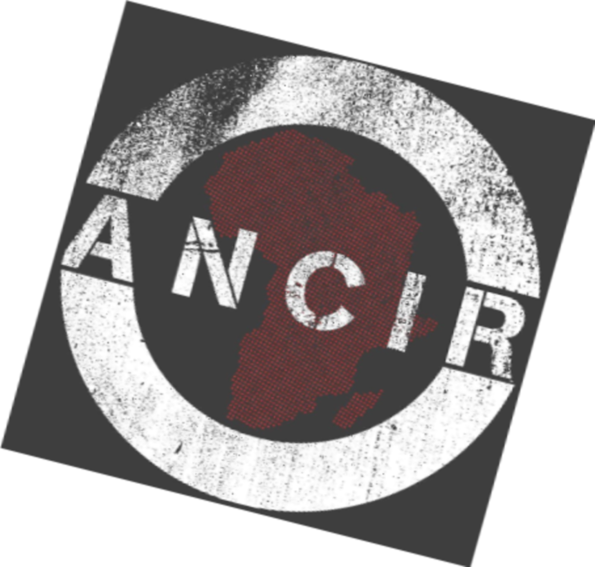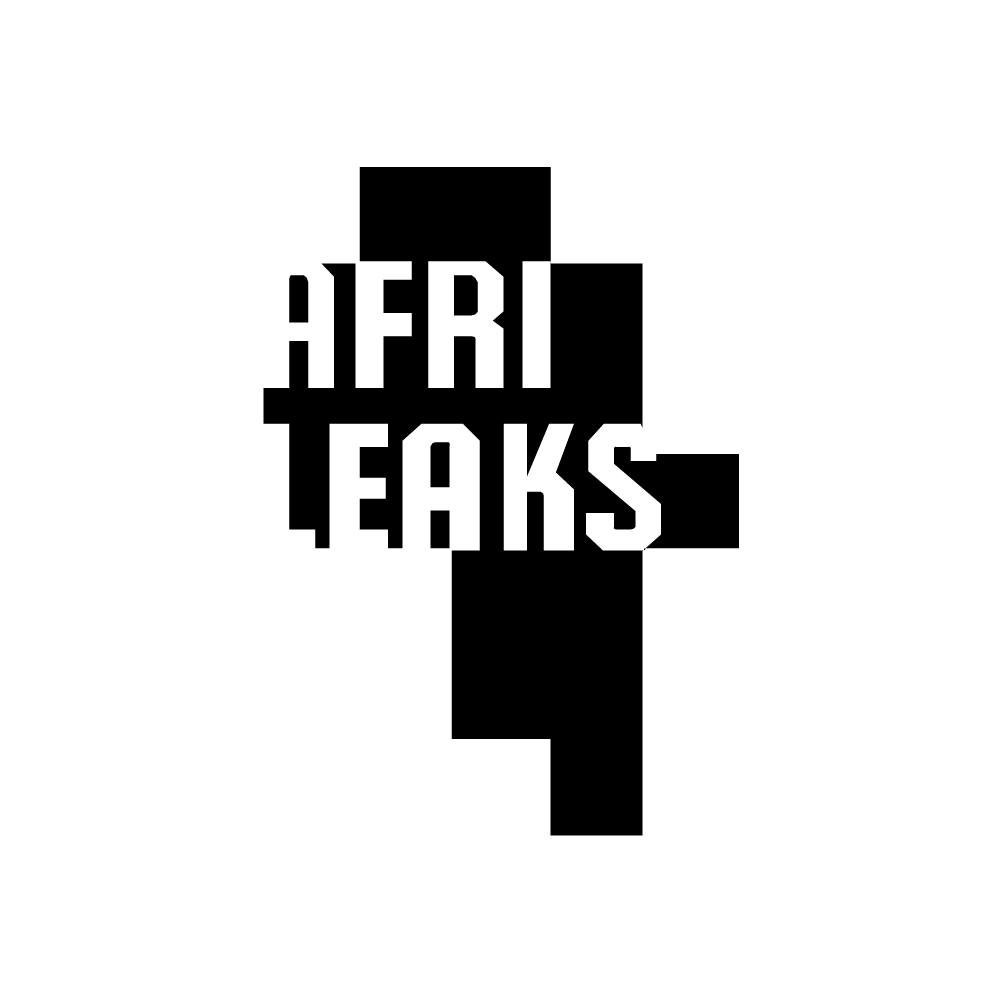Panama Papers reveal dubious behaviour by DRC’s gold traders
A 2014 report from the United Nations’ Panel of Experts found that in the Democratic Republic of Congo (DRC), gold continued to be a major source of funding for the Congolese army and armed rebel groups. An estimated 70% of DRC gold left the continent via Uganda for Dubai, where it was sold “with no trouble”, according to the report. This, despite the introduction of international legislation requiring disclosure about the origins of traded gold in an attempt to end the trade of so-called “blood minerals”.
Now, leaked data from Panama-based law firm Mossack Fonseca has shown that the ownership structures and associations of companies and banks trading in and refining DRC gold are intentionally deceptive and murky, suggesting a high probability of illicit behaviour in the industry.
Frequently, there is regulatory exclusion of banks accepting gold payments in countries like the DRC where gold remains a de facto currency. Against this gap is placed the hidden role of the refiners’ horizontal trade with one another from operational steps in the supply chain. The result is the lack of scrutiny that ignores a key component of the industry and, in the process, makes the provenance of gold unknown. This renders other systems ineffective, and means that any end-user of gold could be using “blood” minerals.
With over 40 branches across the DRC, Rawbank has become a leading financial institution in a country that desperately needs it. The leaked data from Mossack Fonseca, obtained by German newspaper Süddeutsche Zeitung and the International Consortium of Investigative Journalists (ICIJ), shows that the Rawji family, the shareholders of the family-owned Rawbank, make extensive use of tax havens and shell companies. The purposes of these companies remain unclear. The bank itself was previously owned by Rawholding, an entity based in Luxembourg, a secrecy jurisdiction, and owned by the Rawji family before being shifted in 2015 to Mauritius under the same ownership.
A source in the audit committee at Rawbank spoke anonymously about the role of gold in Katanga, a resource-rich province in southern DRC: “Almost the whole economy is based on these metals, much more than on cash currencies. We are accepting payments in gold and diamonds from all our clients, if they are able to prove that they are the legitimate beneficial owners of these precious metals.”
It is not unusual for banks in the DRC, or globally, to buy or sell gold. The role of institutions such as Rawbank is invaluable in providing critical financial infrastructure. But the presence of banks in countries such as the DRC is fraught with politics.
According to sources, Rawbank’s role is to ensure that due diligence for important state-related projects, referred to as “Kabila projects”, can take place through a private sector actor and that the bar leans towards political, and not regulatory, standards.
Leaked data from Mossack Fonseca show details of the Rawji family’s offices based in Dubai and extending to multiple tax havens. The office maintains a web of offshore corporate structures, including Khazana Holdings and Hurricane Investment in the British Virgin Islands; Impala, Ginko International, Pix Business and Trading Mamu Investments in Panama; and numerous others. Members of the Rawji family are directors for several of these companies. Each entity appears connected to multiple other shell companies. For example, the Caymans-based Rawson Investment had registered beneficial ownership through five additional companies. These included Ponki, Farmer, MR Investment, Carbucco and Mutoto. Rawbank, the Rawjis and the legal officer at their Dubai-based hub did not respond to questions concerning the purpose or use of these companies.
The presence of offshore companies does not imply wrongdoing, nor is it illegal. But the opaque corporate structure, including Rawholding – itself a family business and the DRC’s strongest financial actor – appears wedded to the company in a manner that renders it deliberately difficult to identify or separate what the entities are used for and why.
Publishing due diligence standards and documenting the origin and provenance of gold on its way in and out by geography, trading partners and logistical systems, would remove allegations against Rawbank, and would make it the industry standard by ensuring that only responsible gold is traded.
Dubious Dubai
Dubai’s rise as a gold buyer and onward seller is particularly worrying as it operates as a secrecy jurisdiction. Allegedly the end destination for over 70% of the DRC’s gold, it holds the largest cash-for-gold market in the world. Gold is sold directly to refiners there with little in the way of paperwork and due diligence. This gold is then primarily exported to Indian or Swiss-based refiners that comprise the majority of the world’s credible refineries selling to major multinationals.
Currently, Dubai’s gold industry is worth more than $75 billion. Regulation is implemented by a quasi-private body called the Dubai Multi-Commodity Marketing Center (DMCC), which has in the past severely bent or changed the rules, as well as turned a blind eye to grossly illicit activities in mineral commodities.
A jurisdiction like Dubai can gain a financial competitive edge in the gold trade by writing laws that give it the advantage over other jurisdictions where significant economic activity takes place.
“There are occasions where international banks are unable and prejudiced against working with refiners that operate in certain jurisdictions or areas,” said a source at Kaloti, a Dubai-based precious metals solutions and services company. That is, while currencies are attached to regulatory systems, reserve banks, and, ultimately, nationalities, gold is without identity, borderless and ever valuable.
Where research has exposed a lack of paperwork attesting to the origin of gold, the situation was covered up. In 2012, Kaloti, valued at $12 billion and exporting over 40% of Dubai’s gold, primarily to Switzerland, was found by Ernst & Young partner Amjad Rihan to have acquired $5.2 billion in cash from sellers without substantive paperwork. The company has supplied the mineral, including “scrap gold”, to other refiners, including Swiss-based Valcambi.
What emerges, then, is that while companies like Kaloti are no longer on the supply list for major multinationals, like Apple, the exclusion is void if the hidden trade between refiners continue.
Rihan said that when he raised concerns, not only were they quashed by Ernst & Young and the DMCC, but according to reports by Global Witness, the DMCC also removed particular aspects of culpability from its guidelines for auditors.
Kaloti may have made the headlines, but within Dubai it is Emirates Gold, founded by Swiss national Mohamed Shakarchi in 1991, that is most renowned. In addition to recycling scrap metals, Emirates Gold is the largest gold bar manufacturer in the Middle East. Emirates Gold is part of the same machinery as Swiss-based PAMP, purchased by Shakarchi in the 1980s and one of Switzerland’s leading refiners. Through a series of holding companies in the Netherlands and Luxembourg, the system is ultimately owned by a trust, Sharaf, based in the Bahamas. While companies are required to disclose at least the names of subsidiaries integral to the functioning of businesses, digging through the actual paper trail reveals a host of shell companies with no shareholders or substantial business activities.
Documents leaked to the ICIJ show PAMP Holding Mauritius entering into an agreement with MKS Holding BV and two shell entities, Panama-based Mountside Investment and Hong Kong-based Dynamic Bonus Limited. Both shell entities are based at nominee postbox addresses and are described as beneficial owners of the company. The persons and entities behind Dynamic Bonus and Mountside are unknown and confidential, save to advisers of the companies. As of 2010, MKS Holding owned 72% of MMTC-PAMP India, a joint venture between India’s state-owned MMTC and Switzerland’s PAMP. MMTC-PAMP in India supplies major multinationals including the US-based Apple.
The infrastructure may be designed for purely innocent purposes. But why use – or hide behind – a raft of tax havens and hidden beneficial owner in places where gold is neither produced nor where the real corporate seats are located?
Dubai’s role is less that of source and more one of driving the metal towards Switzerland. Yet speaking about “Swiss refineries”, does not necessarily involve any separation between Dubai and Switzerland or even the London Bullion Market Association (LBMA). The LBMA is considered the world’s foremost gold trade association and uses refiner “referees” to vet the credibility and legitimacy of other refiners. For instance, not only is PAMP, a Swiss refinery, an LBMA “referee”, but there is also a shared connection through LBMA director Mehdi Barkhordar, who is also a director of PAMP India. And India comprises one of the world’s leading gold importers.
Why does a refinery like PAMP create, or indeed need, multiple seemingly separate entities instead of one consolidated company? A senior Geneva-based source from Trafigura, a multinational commodities trading company, answered the question of why MKS existed in Switzerland, for instance, as a separate entity from PAMP: “MKS Finance is heading the ‘delicate’ trading of gold, silver and jewels, which can’t go through PAMP.”
Emirates Gold did not respond to questions sent via email at the time of publication, and MKS and Pamp declined to comment.
For its part, the LBMA claims information pertaining to the company’s structure, audits and other corporate data is confidential. It does not publish non-price data, such as volumes or purchasing jurisdictions.
Even the audit process, results and classification of refiners ranked on the good list are confidential, unless their publication is approved. The question of whether refiners purchase from other refiners, particularly between and within secrecy jurisdictions, appears to be off the radar.
The system provides a gold standard that perfectly allows for for banks and refineries using Dubai and Switzerland to remove traces of the origin of gold. Gold is faceless and placeless. “Good” gold is blended with “bad” gold. And regulatory vacuums – involving or enforced by quasi-private bodies like the LBMA and DMCC – help to ensure that all such trade is technically legal, save for exceptional cases. But for the DRC, this hidden trade is lethal and one where the advocacy and regulatory markets have generally failed or feared to tread.


